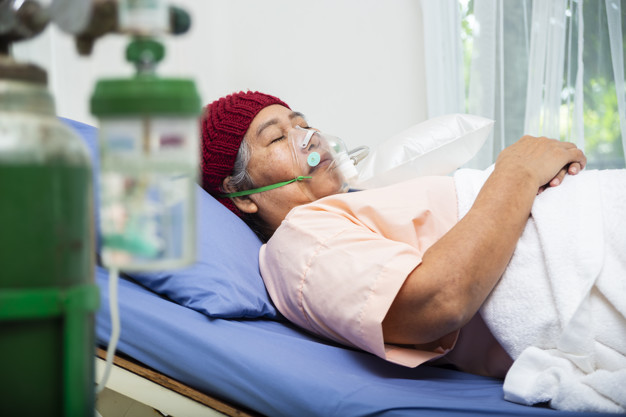As the weather once again turns colder, most of us are thinking of ways to keep ourselves warm. Whether it is warm clothes, fixing up the furnace in your home, or something entirely else, we all appreciate the warmth and the need to keep warm.
Cancer patients are among the most sensitive people, which is why it is natural to wonder whether the cold affects them in any particular way. We reached out to cancer treatment researchers at Odonate Therapeutics to learn a bit more.
Why cancer Patients Are Sensitive?
In order to understand why people combating cancer may be more susceptible to external influences, cold temperatures included, it is helpful to remember what cancer treatment involves.
The standard fare treatment for cancer is chemotherapy which is often complemented with radiation treatment. That means that their immune systems are quite strained as it is and should not be pushed further.
Hypothermia Is a Real Risk
Cancer treatment can have many side effects, which include anemia and dehydration, among other things. These two conditions in particular make the organism far less capable of combating the cold.
In essence, that means that a cancer patient may be less capable of maintaining body heat. Fortunately, there is one simple way to ensure that cancer patients are safe from the negative effects of the colder weather – keeping them warm.
This includes making sure they are properly dressed for the weather, as well as that their homes are nice and warm when they return from their treatment sessions.
Frostbites Can Also Occur
Whereas most people would be aware of the cold because their body will naturally tell them, some cancer patients may be denied that. Certain cancer medications may cause what is known as peripheral neuropathy. This neuropathy affects the digits and can spread to affect hands and feet.
Without being able to tell how cold you are, you may not react in time and get yourself to warmth. After prolonged exposure to cold, the skin and the tissue underneath can become damaged, causing frostbite.
Neuropathy Can Cause Falls
Apart from damaging the cold receptors, neuropathies can also affect a person’s sense of balance. The unsteadiness can quite easily result in a fall if the person is not tended to carefully. Even though falls can affect anyone, and cause quite a lot of pain, they can be particularly nasty to some cancer patients.
More specifically, leukemia patients who have low platelet levels in their blood. This component of blood helps the wounds heal by creating clots. Cancer patients whose platelet levels are low cannot heal wounds properly, making even smaller injuries potentially dangerous.
Cold Weather Ushers the Flu Season
Seasonal illnesses such as the flu and the common cold typically spike with the colder weather. Most people stay indoors, they interact with other people and can easily get ill.
Cancer patients can be quite susceptible to those types of illnesses because their immune system is suppressed by the medication and can be completely destroyed by radiation therapy.
Keeping cancer patients from contracting these common diseases can be a struggle, but it is vital.
COVID 19 Complicates Things
No roundup of issues that negatively affect people in 2020 would be complete without the ever-present COVID-19. This illness has affected millions of people across the world and taken quite a few lives.
Due to the nature of the illness, it is most damaging to those who are already fighting another illness. Just like with the flu and the cold, COVID-19 can quickly infect a cancer patient and do a lot of damage.
Cancer patients need to focus on the most important battle in their lives- defeating cancer. They need all the help and the support they can get from their loved ones. Keeping them safe from the cold weather and everything it brings is just another step in their fight for recovery.
Read Also:






















